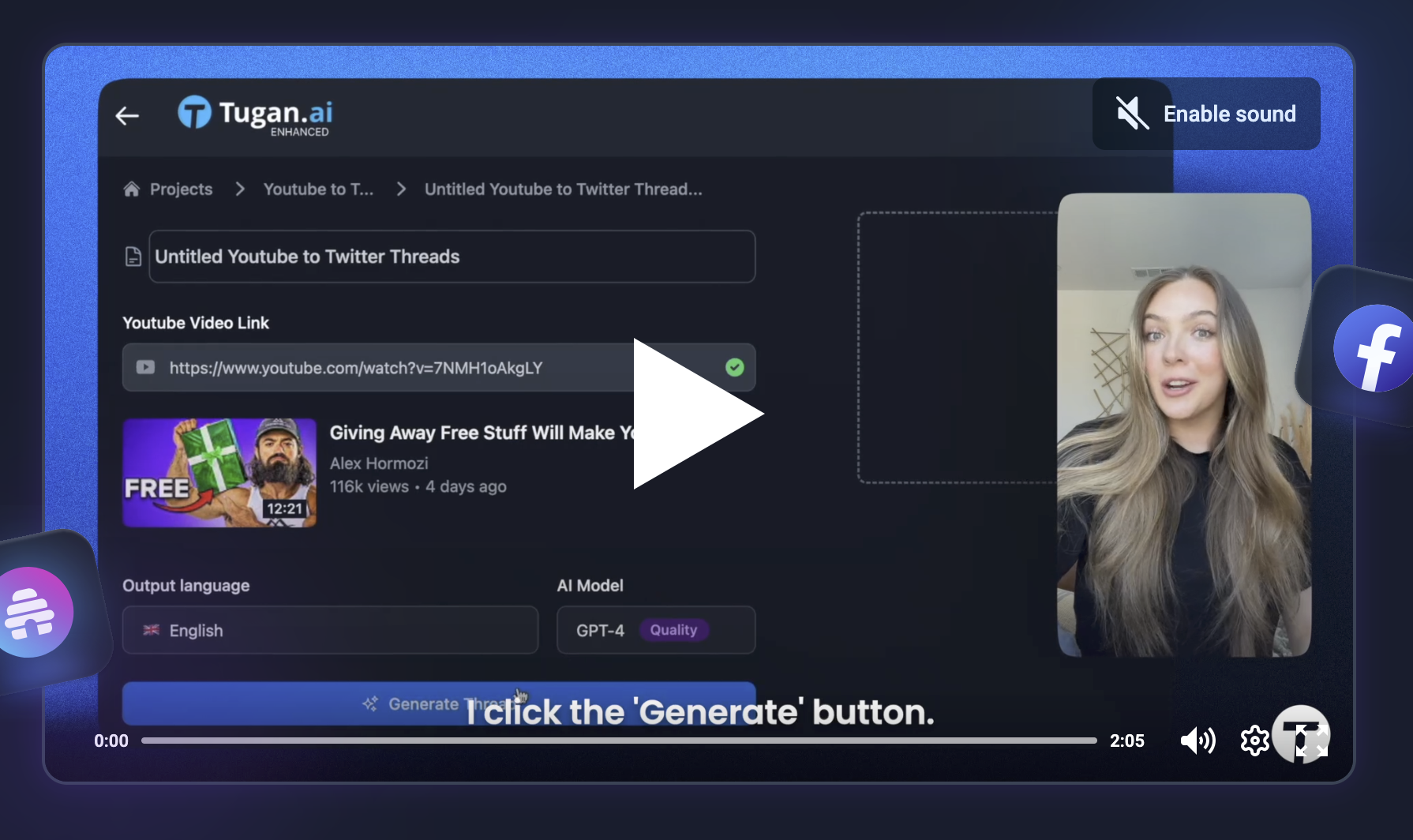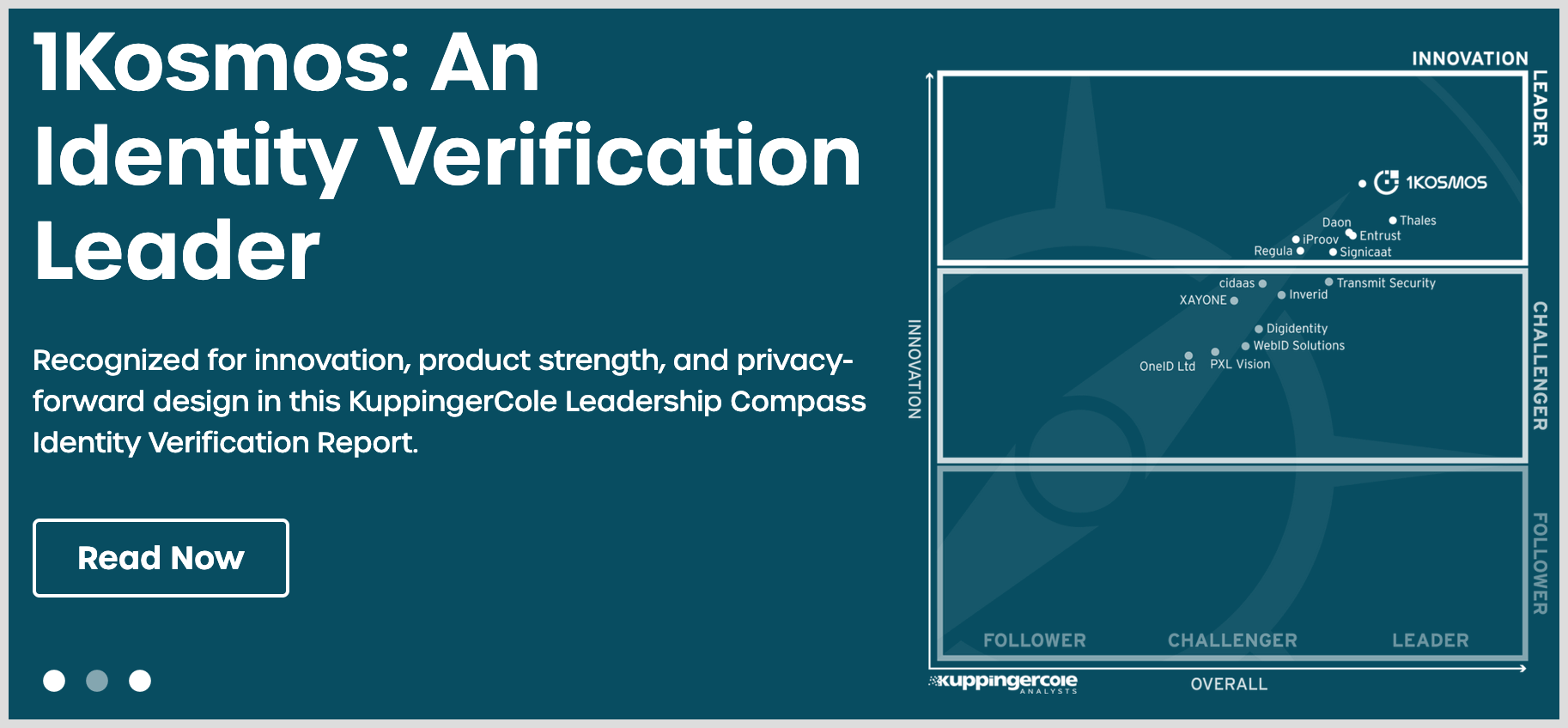Good Morning from San Francisco,
YouTube's new AI surveillance system sparks 50,000 angry signatures in mere days. The platform now scans everyone's viewing habits to guess their age. Privacy advocates call it surveillance disguised as child safety.
Perplexity throws $34.5 billion at Google's Chrome browser. The timing feels deliberate—federal antitrust remedies loom over Google. Nothing says "coincidence" like a hostile takeover bid during a monopoly trial.
Sam Altman co-founded another startup. This time he's chasing brain implants with $850 million in funding. Musk's Neuralink suddenly has serious competition. The race to wire human brains just got expensive.
Three stories. One theme: AI companies grabbing control of the interfaces between humans and information. The future belongs to whoever owns the gateway.
Stay curious,
Marcus Schuler
YouTube's AI surveillance meets user revolt

YouTube's AI age verification system triggered a 50,000-signature petition within days of its August 13th launch, exposing the tension between regulatory compliance and user privacy.
The system analyzes viewing patterns to flag users as under-18 regardless of stated birth dates, requiring ID verification appeals that privacy experts call invasive.
From YouTube's perspective, the rollout addresses mounting legal pressure following June's Supreme Court decision upholding Texas age-verification laws. The company frames behavioral analysis as extending "built-in protections" while avoiding new data collection.
Privacy advocates see surveillance infrastructure disguised as child safety. The system necessarily scans all users' viewing habits to identify potential minors, creating comprehensive behavioral profiles regardless of age. Appeal requirements—government ID, credit card, or selfie verification—compound privacy risks through centralized identity data storage.
The rapid backlash signals broader resistance to age verification normalization across platforms. Users recognize that systems justified for child protection rarely shrink—they expand in scope and precision.
Why this matters:
• Behavioral surveillance becomes the default architecture for "safety," establishing precedent for content control beyond youth protection
• Once deployed, verification infrastructure tends to expand across platforms and jurisdictions, creating durable pathways for digital identity tracking

AI Image of the Day

Prompt:
In a clean, flat infinite cerulean blue studio, create a head and shoulders view, grainy, highly detailed, hyper realistic front on architecturally straight, angle corrected portrait image in a portra 400 film style with a f/8 depth of field using a long focal length lens in the style of Hans Feurer of a Japanese short cropped haired muscular, handsome, thick-necked, strong jawed and masculine late-20’s Japanese Asian youth with hazel green eyes, supple lips and cleft chin who looks like a young Marlon Brando. His cheeks are lightly blushed and his shoulders are strong and proportional to his head. His hair is shaved roughly and dyed leopard. He is lit by strong directional light with a clean shadow under his nose and head to demonstrate refined facial features like a fashion campaign. His lips are natural and slightly parted. He has no freckles. The image style is high fashion perfume campaign quality and lit by crisp 5500K light with no shadows on the background. The image is bright and close up, head and shoulders.
Perplexity bids $34.5 billion for Google's Chrome browser

Perplexity AI submitted an unsolicited $34.5 billion all-cash offer for Google's Chrome browser Tuesday, positioning the bid as an antitrust remedy just as federal Judge Amit Mehta prepares his Google monopoly ruling.
The offer arrives at a calculated moment. Mehta ruled last year that Google illegally monopolized search and is expected to announce remedies this month—potentially including forced Chrome divestiture. The Justice Department has argued that breaking Google's browser control is essential for search competition.
The strategic calculus runs multiple directions. From Perplexity's perspective, Chrome's 3.5 billion users represent direct access to search relevance. The Justice Department sees Chrome as Google's monopoly linchpin. Google maintains that forced sales would harm innovation and security.
The bid significantly exceeds Perplexity's $18 billion valuation, though unnamed investors have reportedly agreed to finance the transaction. Other potential buyers—OpenAI, Yahoo, Apollo Global Management—have also expressed interest if divestiture becomes mandatory.
The sequence wasn't subtle: regulatory pressure creates acquisition opportunities that didn't exist when Google appeared untouchable.
Why this matters:
• Browser control becomes strategically valuable as search shifts toward conversational AI interfaces, making distribution the new competitive moat
• Antitrust enforcement is reshaping acquisition landscapes by turning protected assets into potential market opportunities

🧰 AI Toolbox
How to Turn Any Content Into Fresh, Original Content

Tugan.ai transforms existing content into new, personalized material using AI. Just paste a URL and get human-like writing that doesn't sound like ChatGPT generated it.
Tutorial:
- Go to the Tugan.ai website
- Paste any URL containing content you want to transform
- The AI analyzes the content and generates new, original versions
- Browse through multiple content variations and styles
- Export all results with one click
- Get content that reads like a human wrote it
- Skip the expensive copywriter and hours of blank-screen staring
URL: https://www.tugan.ai/
AI & Tech News
US secretly tracks AI chip shipments to catch China diversions
US authorities have secretly placed location tracking devices in shipments of advanced AI chips from companies like Dell and Super Micro to detect illegal diversions to China, with some trackers roughly smartphone-sized and hidden inside server packaging. The covert tracking marks an escalation in enforcement tactics as Washington struggles to prevent its most sensitive technology from reaching restricted destinations despite export controls.
Russia suspected in federal court system breach
Federal investigators found evidence that Russia infiltrated the computer system managing federal court documents, accessing sensitive sealed records across at least eight district courts in what officials describe as a years-long effort targeting cases with Russian and Eastern European surnames. The breach exposes fundamental vulnerabilities in the judicial system's digital infrastructure just as President Trump prepares to meet Vladimir Putin in Alaska on Friday to discuss ending the Ukraine war.
OpenAI brings back model picker after GPT-5 router fails
OpenAI quietly restored its complicated model picker this week with new "Auto," "Fast," and "Thinking" settings for GPT-5, just days after CEO Sam Altman said the unified model would eliminate the menu he publicly hates. The reversal signals that GPT-5's automatic routing system failed to satisfy users who revolted when legacy models like GPT-4o were deprecated, forcing OpenAI to admit it needs more personalized AI rather than one-size-fits-all solutions.
OpenAI adds Gmail and Calendar access to ChatGPT Pro
OpenAI began rolling out Gmail, Google Calendar, and Google Contacts integration for ChatGPT Pro users this week, allowing the AI to reference personal emails and calendar events directly in conversations. The move extends ChatGPT's reach into users' private data beyond existing Dropbox access, positioning OpenAI's assistant as a comprehensive personal productivity tool rather than just a chat interface.
Federal judge lets OpenAI harassment claims against Musk proceed
A federal judge refused Elon Musk's request to dismiss OpenAI's claims that he's waging a "years-long harassment campaign" through lawsuits and media attacks to benefit his competing xAI startup. The ruling keeps alive OpenAI's counterattack in a legal fight that began when Musk accused the company of betraying its nonprofit roots, setting up a March trial that will air the tech industry's nastiest corporate feud.
CoreWeave shares drop 10% on weak guidance despite revenue surge
CoreWeave shares fell 10% after the company guided for third-quarter operating income of $160-190 million, disappointing investors despite revenue tripling to $1.21 billion as losses jumped 20-fold to $131 million. The results expose how AI infrastructure companies face severe margin pressure from massive capital spending, with CoreWeave burning $2.9 billion in the quarter while racing to meet unprecedented demand.
AI companion apps surge toward $120M revenue in 2025
AI companion apps generated $82 million in the first half of 2025 with revenue per download jumping from $0.52 to $1.18, driven by 128 new releases offering virtual girlfriends, boyfriends, and fantasy characters. The surge signals a structural shift toward monetized digital relationships as mainstream tech giants like xAI and Google hire away leading developers to capture the expanding market for anthropomorphized AI interactions.
Pony AI deploys 200 robotaxis, targets European expansion
Pony AI has rolled out over 200 robotaxis in two months and is testing its vehicles in Luxembourg as part of European expansion plans, while Shanghai granted commercial operating licenses in its Pudong financial district. The moves signal accelerating regulatory approval across major markets as Chinese autonomous vehicle companies push beyond domestic operations to establish global robotaxi networks.
China deploys 2,300 robotaxis across 30 cities vs US's 700
China operates 2,300 robotaxis across 30 cities while the US runs just 700 vehicles in five cities, as Chinese companies like WeRide and Baidu expand to Dubai and Singapore through global partnerships. The deployment gap signals China's emerging control over autonomous vehicle standards worldwide, potentially reshaping transportation infrastructure from Southeast Asia to the Middle East around Chinese technology rather than Western systems.
Tencent beats revenue forecasts as gaming surges 15%
Tencent reported second-quarter revenue of 184.5 billion yuan ($25.7 billion), beating analyst estimates as gaming revenue jumped 17% domestically and 35% internationally while AI-enhanced ad targeting boosted marketing services 20%. The results show how the Chinese tech giant's heavy AI spending—capital expenditure more than doubled to 19.1 billion yuan—is paying off across core business lines from WeChat to gaming platforms.
Chinese open-source AI models now outperform US rivals
Chinese AI companies released a wave of open-source models this year that now outperform OpenAI's recently launched gpt-oss, with firms like Singapore's OCBC bank deploying around 10 Chinese models across their operations. The shift threatens to establish Chinese AI as the global standard, prompting OpenAI to abandon its proprietary-only approach and the Trump administration to call for American open-source models "founded on American values."
AI forces SaaS companies to eat inference costs as features get commoditized
SaaS companies face margin compression as AI features like email drafting and document summarization shift from premium add-ons to table stakes, while ongoing inference costs force painful choices between unlimited AI bundles that hurt profits or metered usage that creates friction. The economics mirror the cloud era's reshuffling of value, with hyperscalers now monetizing GPU time and model access while application vendors must differentiate on proprietary data or watch core functions get absorbed into operating systems.
Doctors lose colonoscopy skills after using AI routinely
Polish doctors who got used to AI-assisted colonoscopies saw their adenoma detection rates drop from 28.4% to 22.4% when the technology was removed, a study of 1,400 procedures found. The "deskilling" effect suggests that AI dependency in medical diagnosis may weaken core clinical abilities, creating a new category of technology-induced skill erosion across healthcare.
Altman co-founds $850M brain-interface startup

Sam Altman is co-founding Merge Labs, a brain-computer interface startup targeting an $850 million valuation, with OpenAI's ventures team leading a $250 million funding round, according to the Financial Times.
The move escalates the Altman-Musk rivalry into hardware competition.
From Altman's perspective, brain interfaces represent a critical chokepoint—whoever controls how humans connect to AI systems gains platform power. From Musk's view, this threatens Neuralink's early lead where his company raised $650 million at a $9 billion valuation this year. From OpenAI's angle, the investment hedges against interface dependency while expanding beyond language models.
Merge enters a market where AI advances make brain implants practically useful. Neuralink has five paralyzed patients controlling devices with thoughts. Better signal decoding and miniaturized electronics are bending the utility curve upward.
Why this matters:
• Brain-computer interfaces could become the primary gateway for human-AI interaction, making early market position strategically valuable
• Competition between two well-funded, high-profile companies will likely accelerate innovation across the entire neurotechnology field

🚀 AI Profiles: The Companies Defining Tomorrow

1Kosmos: Death to Passwords 🔐
1Kosmos wants to kill your password before hackers do. This New Jersey startup turns smartphones into digital ID vaults using blockchain and biometrics.
• The Founders
Founded in 2018 by CEO Hemen Vimadalal, who believes identity verification sits at "the first step in the kill chain" of cyberattacks. Based in New Jersey with undisclosed headcount, born from frustration with password-based security theater.
• The Product
Three-pronged attack on authentication: Verify scans government IDs with AI during onboarding, Workforce replaces employee passwords with FIDO2 passkeys and biometrics, Customer creates encrypted blockchain wallets for users. Core strength? Deploy in hours, not months. Can authenticate via smartphone camera without dedicated apps.
• The Competition
Battling identity giants like Okta, Ping Identity, and Microsoft in the $16B identity management space. Differentiator: blockchain-backed user control plus instant deployment. While competitors focus on enterprise SSO, 1Kosmos targets the full identity lifecycle.
• Financing
Just bagged $57M Series B led by Forgepoint Capital and Oquirrh Ventures, bringing total funding past $72M. Bridge Bank threw in a $10M credit line. No valuation disclosed, but timing suggests they're riding the zero-trust wave. 💰
• The Future ⭐⭐⭐⭐
Solid four-star outlook. Passwordless authentication market projected to hit $53B by 2030, and data breaches keep making headlines. Recent funding positions them well for international expansion and enterprise deals. Only risk? Getting crushed by Big Tech moving into their sandbox.










